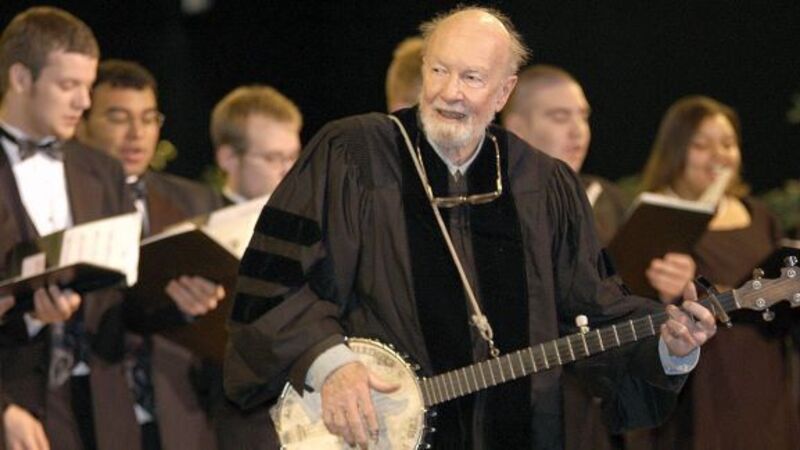Tributes to folk hero and activist Pete Seeger

The veteran US performer re-popularised traditional music for a new audience and was known for songs such as If I Had A Hammer, Turn, Turn, Turn and Where Have All The Flowers Gone, as well as fighting tirelessly for a number of causes.














